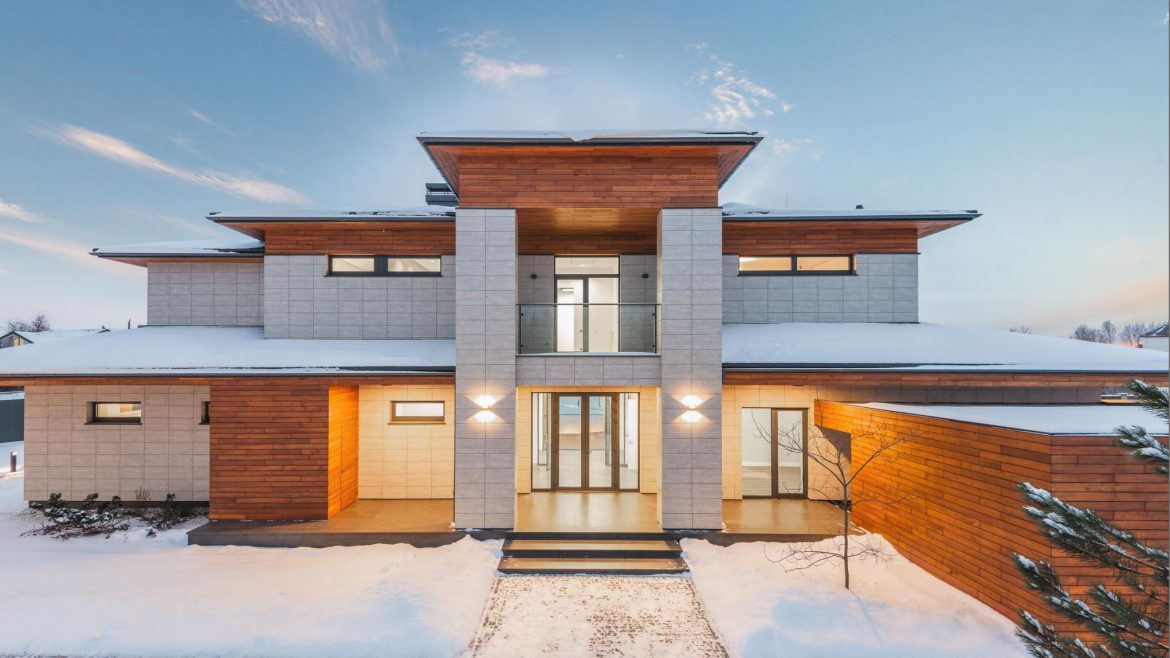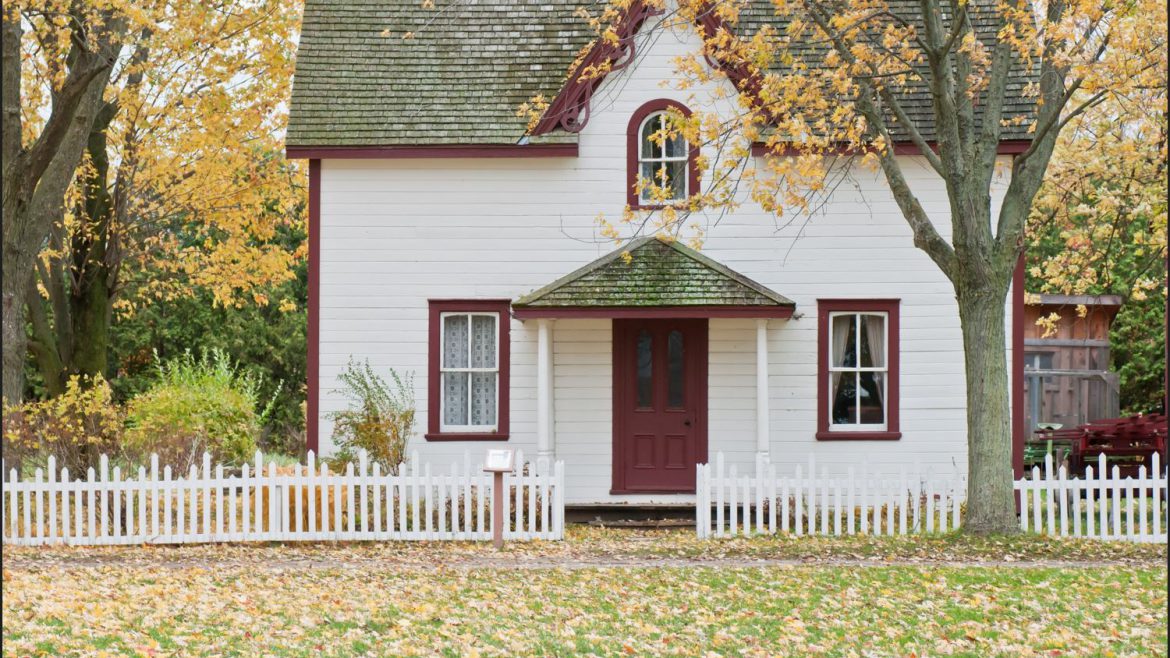End of year wrap-up
https://imaginahome.com/wp-content/uploads/2023/12/House-1024x685.jpg 1024 685 Nisha Muire Nisha Muire https://secure.gravatar.com/avatar/d5fe8c2a727e05a050f28f8236ee415c4328cfed239ef48d94f0e8ac326e8708?s=96&d=mm&r=gEnd of year wrap-up
Another year is nearly at an end for the Toronto housing market. How will this year stack up? Probably, not as well when compared to previous years. However, despite the slow down in the market, prices did manage to eke up by 0.3% this year according to the Toronto Housing Market report.
Although Toronto realty has been sluggish in 2023 and rising interest rates have impacted demand and affordability, many news outlets are now predicting that interest rates will be cut starting mid-2024, which will positively affect the housing market. Although lower interest rates should help bring demand back up, with housing prices expected to rise with the pent-up demand.
While it might be a challenging time for those hoping to jump into the market or to simply move – either up or down – there is one piece of advice that will ring true every year – purchasing a home over the Holiday period and into January is when you will likely get the best deals. Most homebuyers are too busy with the festive season to bother with house hunting and buying. Then, typically January is also a very slow month due to weather and recovery from the holidays. So, if you are in a position to bid on a place and were just waiting for the right time, now might just be it.
If a house has been on the market for more than a few weeks, then chances are they will be willing to negotiate. And, remember, it isn’t always price that can be negotiated. Many other factors involved in a home sale can be discussed during the transaction including:
- Contingencies
- Closing costs
- Repairs
- Closing dates
- Deep cleaning
- A home warranty
- Appliances
- Furniture/fixtures
- Inspections
A good realtor will be able to strike the right balance so that all parties walk away feeling satisfied.
Whatever the new year brings, we here at Imaginahome, hope that it brings all of you happiness, love and the house of your dreams!
Winterizing your sump pump
https://imaginahome.com/wp-content/uploads/2023/11/Sump-pump-1024x624.jpg 1024 624 Nisha Muire Nisha Muire https://secure.gravatar.com/avatar/d5fe8c2a727e05a050f28f8236ee415c4328cfed239ef48d94f0e8ac326e8708?s=96&d=mm&r=gToronto winters are not as harsh as those experienced across the country. However, temperatures do routinely drop below the freezing point, which means if you have a home with a sump pump it is vital to winterize it.
Why to winterize sump pump
Winterizing your sump pump doesn’t require a lot of work, but if it isn’t done and the drainage line freezes it will block the water from draining and the sump pit will get backed up. If not caught on time the water backup can spill over into your basement and cause a lot of damage.
Steps to follow:
1- Remove hose
The first step is self explanatory – it is vital to remove the hose attached to your sump pump or risk it freezing with water remaining inside.
2 – Clean pump and pipes
Even if you’ve removed the hose, if there is any standing water remaining in your pump or any pipes, this can damage the system – likewise with any mud or debris that could have found its way in.
3 – Install a sump pump ice guard (optional)
If you are really worried about freezing water, you can always install an ice guard. These handy devices are designed to make sure any overflow water is diverted out of the sump basin.
4 – Make sure exit pipe far enough away from house
All sump pumps have an exit pipe that carries ways away from your house – make sure that this pipe is far enough away so that no water can return towards your house.
5 – Don’t unplug your sump pump!
That’s right. Even if you don’t expect that it will be necessary over the winter, there is always the chance of an unexpected thaw or vacillating temperatures that could require the pump to help get rid of water. If it is unplugged – that can’t happen. So be sure that your pump remains plugged in.
6 – Winterize crawl spaces
Next, make sure that any crawl spaces are well defended against the cold. If too much cold air is allowed into the space, it can eventually freeze your sump pump pipes and basin.
If you are diligent about doing the steps we’ve outlined, then you can rest easy when the cold weather hits knowing your home and sump pump are ready.
The Fall Home Show 2023
https://imaginahome.com/wp-content/uploads/2023/09/Fall-home-1024x679.jpg 1024 679 Nisha Muire Nisha Muire https://secure.gravatar.com/avatar/d5fe8c2a727e05a050f28f8236ee415c4328cfed239ef48d94f0e8ac326e8708?s=96&d=mm&r=gToronto homeowners who have opted to remain in their homes instead of upsizing or downsizing, but who still want to customize their living space will be happy to know that the Fall Home Show is returning. From September 29-October 01, 2023 at the Enercare Centre, Exhibition Place, the decor and lifestyle exhibition will open its doors to those who want to remake, remodel or maximize their living space.
This year’s theme
Every year the Toronto Fall Home Show has a theme and this year it is the magic of October. In keeping with this theme, the exhibits all focus on creating the perfect fall atmosphere for your dwelling. Among the many exciting and interesting exhibits are live tablescapes – where style influencer and designer Nicholas Roasci creates table settings in the aisles. One of the more fun and whimsical additions to this fall’s show is the Ghostly EX-ploration where guests are led on a paranormal walk with Paranormal Investigator Glen Laycock. On the more hands-on side will be a paint-your-own pumpkin area where you can paint a pumpkin and take it home for free!
Speaker’s corner
As well as the themed exhibits, the show will include over 250 vendors, exhibitors and speakers who are all focused on helping you create the perfect living space in your home. Among this year’s expert speaker line-up are Scott McGillivray, Christina Da Costa & Maria Perketa and Effy Terry. Whether you want renovation advice, decor tips or organization guidelines – you’ll be able to find it all at the speaker’s corner.
DIY and Renos
If you were planning on renovating your home over the winter or want design inspirations for a new home or layout – you can find it here. You can book a session for either a free design or reno consultation – or both if you wish! DIYers will also have a lot to interest them at the DIY Centre.
Regardless of your interest, whether you are just curious about what’s available or want inspiration for your next project, the Fall Home Show is where you will find it.
Infinity mortgages
https://imaginahome.com/wp-content/uploads/2023/09/Infinity-1024x685.jpg 1024 685 Nisha Muire Nisha Muire https://secure.gravatar.com/avatar/d5fe8c2a727e05a050f28f8236ee415c4328cfed239ef48d94f0e8ac326e8708?s=96&d=mm&r=gThe Bank of Canada held the interest rate at 5% on September 6, 2023. Cold comfort for the homeowners who find themselves already struggling to maintain their mortgage payments. With interest rates so high a new trend in homeownership is emerging – infinity mortgages.
What is an infinity mortgage?
Simply put: an infinity mortgage is when your monthly interest is more than your monthly payment. The result is a ballooning loan amount.
How does a mortgage fall into the infinity category?
Given the high interest rates many variable rate homeowners have opted to fix their payments while the rates continue to fluctuate. Instead of locking in at a high rate, these homeowners are betting that the rates will come down and their payments along with them. In the meantime, if what they are paying per month is less than the interest they are accruing, they slip into what is now called an infinity mortgage – thanks to the little infinity symbols that are appearing next to the years of amortization on bank statements.
Long amortizations
Another way that mortgages are falling into infinity is through increasing amortization. Although the longest amortization in Canada is currently 30 years, some homeowners are seeing amortizations rise dramatically due to infinity mortgages. What might have started out as a regular 25-year amortization would have crept upwards with the slow build-up of interest being added to the loan.
Can infinity end?
If you find yourself in such a situation, don’t despair! These mortgages end with the end of your loan term. Once your loan comes up for renewal, your amortization will reset – but you will likely have to make a much higher mortgage payment every month than you do now to prevent the infinity cycle from happening again.
Best option?
Your best option is to bite the bullet and to make the higher monthly payment right away. If you are unable to find extra money from somewhere, then you should use the time when you are in an infinity mortgage situation to look for ways to come up with extra money to meet your monthly payments or to build up a hefty down payment for when your loan does come up for renewal. If you are able to pay down some money towards the principal then you would be refinancing on a lower amount resulting in less interest and lower monthly payments.
Foreseeable future
It is not possible to predict exactly when interest rates will start coming down again. So, it is best to plan for rates to remain high for the medium-term. If you are prepared, then you will be better positioned for when rates do come down. And, you will be better able to handle any future rate hikes as well.
Managing your mortgage in a high interest environment
https://imaginahome.com/wp-content/uploads/2023/08/pexels-andrea-piacquadio-3760067-1024x683.jpg 1024 683 Nisha Muire Nisha Muire https://secure.gravatar.com/avatar/d5fe8c2a727e05a050f28f8236ee415c4328cfed239ef48d94f0e8ac326e8708?s=96&d=mm&r=gMortgage interest rates have risen dramatically over the past year. Although there has been a pause in increases, there is no guarantee that rates will not continue to rise. If your mortgage is coming up for renewal and the higher rates are a worry, there are a few ways to mitigate the pressure a higher payment can cause.
Opt for a fixed rate mortgage
If you are still on a variable rate mortgage, try to lock in – even if it’s just for one year. Having a steady payment will help you to better manage your budget month-to-month. Although the payment will be high, you won’t have to worry about the effects of another rate hike. You can always renegotiate once rates being to edge down.
Increase your payment immediately
If you know that your payment is going to increase when your mortgage comes up for renewal, a good rule of thumb is to roughly calculate what your new payments will be and begin paying that amount right away if you can. Doing so has two advantages:
- The increased payments will bring your mortgage down faster so that when it is time to renew your mortgage, you are renewing on a lower mortgage amount.
- You are able to see how comfortable or not you are paying the higher amount and it gives you a chance to adjust what you need immediately instead of when you have no choice.
Opt for a longer amortization
If the new payment you are looking at is not sustainable, your best option is to ask for a longer amortization. Paying down your mortgage over a longer time will make your monthly payments more affordable. Once rates start coming down, you can then negotiate your loan and decrease your amortization. Or, if your budget increases, you can always opt to pay down more per month to decrease your amortization.
Ask your lender for a better rate
Don’t feel shy about asking your lender to give you a better rate. Most lenders are open to negotiation as they have a vested interest in getting their money repaid as well. Having people default on their loans because the payments are too high is not good business for them either.
Consolidate your loans
If you have a number of high interest loans or credit cards, consolidate them all so that you have only one payment to make instead of several.
Rent out a room
If your mortgage as increased by too much and you have the room, consider renting out a room to help defray the added costs.
Sell
The last resort is to sell your home and rent. While no one really wants to do this, if you are unable to manage your payments, it might be the best option to avoid insolvency.
High interest rates are not easy to navigate, but by adjusting your budget and using some of the techniques above, you can weather the storm.





